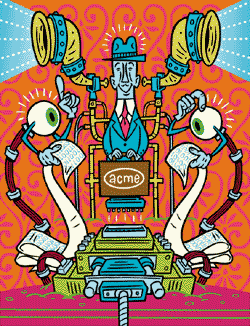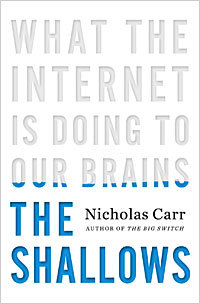The world’s dependency on the internet has made it a basic necessity for human beings. The internet is a platform for business, research, education, connection, security, entertainment, and much more than that. With high use, comes high demands. After the need for going portable and wireless, comes the need for more efficiency and more speed. After the need for 1G, 2G, 3G, and 4G, comes the need for fast and blazing fifth generation of wireless network and high speed internet. Answering these demands, mobile giant Samsung and telecommunications brand, Verizon announced the arrival of fifth generation wireless cellular network across the United States. However, several raise concerns about the health risks of this new network, and why the new-age technology might not be the best for humans.
The birth of 5G was a result for people’s need for even more faster and blazing internet speed. The possibilities with 5G are incredible, including, but not limited to, “remote surgery, Internet of Things accessories, improved drone capabilities”; Brian Higgins, VP at Verizon also says that “5G will usher in a new era of mobile connectivity, allowing people to connect to data, experiences and other people in ways never thought possible” (Karlis). However, this desire for progress comes with a cost, the harm to humans all over the world. Towers for 5G provide high speed, but far less bandwidth, and thus, it becomes necessary to have “cell towers to be much closer to each other, thus creating an emitting grid of 24/7 wireless radiations near our homes” (Karlis). Since 5G requires many more towers than previous generations, it becomes certain that human health will be jeopardized with the arrival of this new technological progress. Nicholas Carr, the author of The Shallows: What the Internet is Doing to Our Brain also mirrors this concept in his book. He speaks of how the internet might be more of a bane than a boon. In his non-fiction novel, Carr explains the implications of the internet on the human brain, biologically and psychologically. The overall purpose of his book is to explain how everything that comes disguised in the name of progress, is not always the best option for mankind. In his book, Carr talks about the irony of technology and its benefits to humans as he explains how, “the irony in Google’s effort to bring greater efficiency to reading is that it undermines the very different kind of efficiency that the technology of the book brought to reading––and to our minds––in the first place” (Carr 166). He explains how humans are almost blinded by the efficiency and speed, and that they mistake increasing technology for progress. This is also seen in the case of the new 5G wave, where the desire for speed has brought upon this threat to human and environmental health. In the internet’s case, as Carr explains, this threat is much harder to notice as “Calm, focused, undistracted, the linear mind is being pushed aside by a new kind of mind that wants and needs to take in and dole out information in short, disjointed, often overlapping bursts––the faster, the better” (Carr 10). In both cases, the internet and 5G cellular network , the desire for speed and efficiency, disguised as productivity, blind humans into jeopardizing their cognitive abilities and health, respectively. Overall, this pushes one to question the definition of progress, and whether everything that comes in the form of progress, is actually good for humans.
With increasing technology, and shifting standards, the definition of progress, happiness, and success has changed, and so have the means to measure them. This common concept is evergreen and is brought upon with every new change in human lifestyle. The constant dilemma, “Is this actually as good as it promises to be?” forever haunts peoples in all aspects of life, however, becomes more significant when the “it” subconsciously becomes a need, and begins to take over the older lifestyle, while also risking us, bit by bit. Like a drug disguised as an elixir or a need, the internet or 5G cellular data disguised as progress, make the human a helpless dependent, with almost no practical solution to escape this tragedy, their gradual destruction becomes manifest destiny.
With increasing technology, and shifting standards, the definition of progress, happiness, and success has changed, and so have the means to measure them. This common concept is evergreen and is brought upon with every new change in human lifestyle. The constant dilemma, “Is this actually as good as it promises to be?” forever haunts peoples in all aspects of life, however, becomes more significant when the “it” subconsciously becomes a need, and begins to take over the older lifestyle, while also risking us, bit by bit. Like a drug disguised as an elixir or a need, the internet or 5G cellular data disguised as progress, make the human a helpless dependent, with almost no practical solution to escape this tragedy, their gradual destruction becomes manifest destiny.
Works Cited
Carr, Nicholas G. The Shallows: What the Internet Is Doing to Our Brains. Norton
paperback [edition]. ed., New York, W.W. Norton, 2011.
Karlis, Nicole. "Why Public Health Experts Are Worried about 5G, the Next
Generation of Cell Network." Salon, Salon Media Group, 4 Dec. 2018,
www.salon.com/2018/12/03/
why-public-health-experts-are-worried-about-5g-the-next-generation-of-cell-networ
k/. Accessed 30 Jan. 2019.









No comments:
Post a Comment